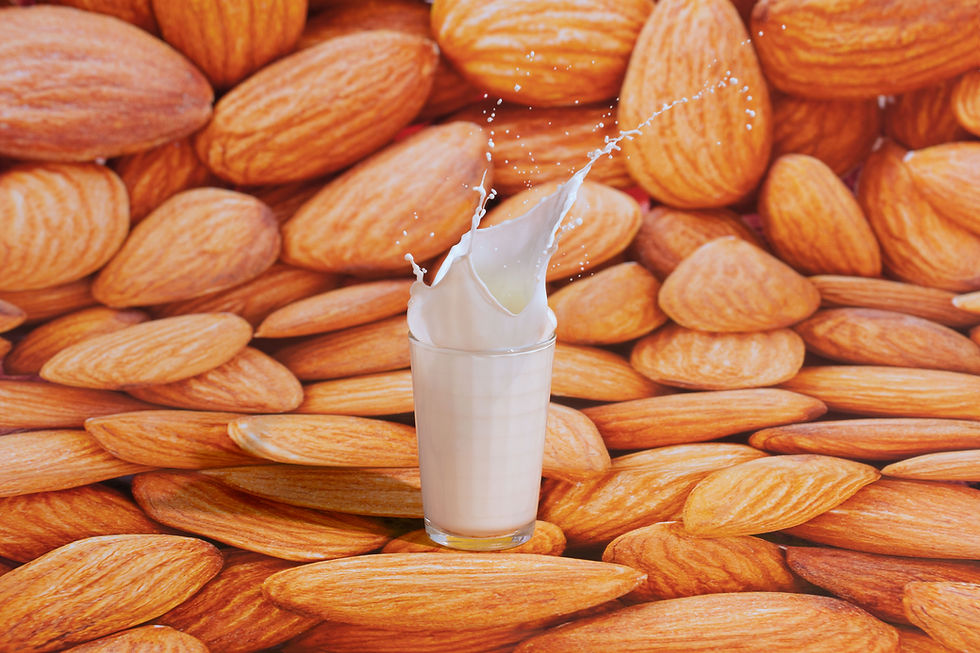It’s January again—the start of a new year and a perfect time to embrace new challenges or try something different. Among the many trends people explore this month, Veganuary has risen to prominence. It’s a campaign that invites people to follow a vegan lifestyle for the month of January.

But Veganuary is more than a diet experiment; it’s a reflection of broader discussions about health, the environment, and ethics. Whether you’re curious about giving it a try or just want to understand why it’s become so popular, here’s an in-depth look at the phenomenon, its roots, and what it means to go vegan.
What is Veganuary?
Veganuary, founded in 2014, started as a UK-based campaign to encourage people to adopt a vegan diet for the month of January. Today, it has grown into a global movement, with participants from over 220 countries and regions taking part.
The campaign’s aim is simple: to raise awareness of the benefits of veganism for animals, the planet, and personal health, while also offering support and resources for people interested in trying it out.
What Does Veganism Mean?
At its heart, veganism is a philosophy that seeks to minimize the exploitation of animals. Vegans avoid using or consuming animal products, which means no meat, dairy, eggs, or even honey. Beyond food, veganism often extends to lifestyle choices, avoiding leather, wool, silk, and products tested on animals.
On the plate, a vegan diet focuses on plant-based foods: fruits, vegetables, grains, nuts, seeds, legumes, and substitutes like tofu, seitan, and jackfruit.
Why Has Veganuary Become So Popular?
The rise of Veganuary reflects growing interest in plant-based lifestyles. The reasons people participate vary widely, but here are some common motivators:
Ethical Concerns: Many participants are drawn to veganism by concerns over animal welfare. Factory farming practices, in particular, have been criticized for cruelty and poor living conditions.
Environmental Impact: Studies have shown that animal agriculture is a significant contributor to greenhouse gas emissions, deforestation, and water pollution. A plant-based diet has a lower environmental footprint, appealing to those concerned about climate change.
Health Benefits: Vegan diets can offer health advantages, including reduced risks of heart disease, certain cancers, and obesity. While proper planning is necessary, many report feeling more energized and lighter after reducing animal products.

How to Participate in Veganuary
Stock Your Pantry: Prepare with essentials like lentils, chickpeas, tofu, and plant-based milk.\n
Experiment in the Kitchen: Try making plant-based versions of your favorite dishes. Vegan lasagna or a hearty chickpea curry can be surprisingly satisfying.\n
Explore Vegan Products: Supermarkets now stock a wide range of vegan cheeses, burgers, and snacks to make the transition easier.
Common Challenges and Solutions
Navigating Social Situations: Dining out or attending gatherings can be tricky. Research restaurants in advance or bring a vegan dish to share.
Cravings: It’s natural to miss familiar foods. Find vegan alternatives or focus on bold, flavorful dishes to keep your taste buds satisfied.
Nutrition: Ensure you’re getting enough protein, iron, calcium, and vitamin B12. Supplements and fortified foods can help fill any gaps.

A Balanced Perspective on Veganism
While Veganuary is celebrated for raising awareness, it’s not without critics. Some argue it can feel performative if participants don’t continue beyond January. Others point out that vegan diets require careful planning to meet nutritional needs.
Still, Veganuary offers a unique opportunity for self-reflection. Even if you decide veganism isn’t for you, it can inspire small changes—like incorporating more plant-based meals into your routine.
Whether you’re an enthusiastic participant, a curious observer, or a sceptic, Veganuary has sparked meaningful conversations about food, ethics, and sustainability.




